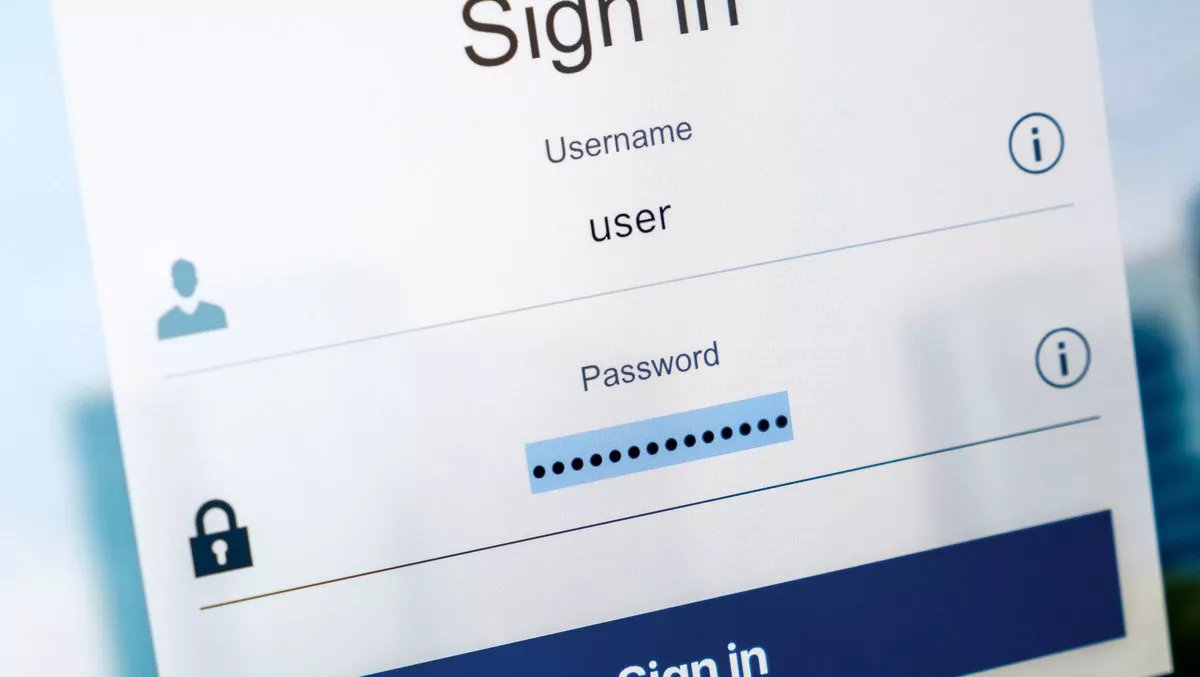
Online users giving out social media details too freely - Kaspersky
In Kaspersky's Global Privacy Report 2018 released this year, 39.2% of those surveyed said they are willing to sacrifice their private data if they can get additional safety like security checks or surveillance.
Of the respondents, 22% confessed they share their social media details to find out the results of fun quizzes while 18.9% admitted they will disregard their privacy if they'll get something for free, such as software, service or gift.
The report disclosed that more than half (55.5%) of survey respondents in the Asia Pacific from the age groups 16-24 and 25-34 think it's impossible to have complete online privacy in the modern digital world.
Following this sentiment, the respondents say they are willing to sacrifice their personal data for short term gains and "likes" from social media.
Originally filled with personal data like addresses, date of births and photographs to easily find and connect friends and families within the network, social media platforms have been reported to be spying on its users and have become breeding grounds for attacks.
Those who were surveyed in the region said 53.6% of them already experienced having their private or secret data accessed by someone who did not have consent.
The online privacy breaches were highest for 16-24-year-olds at 57.1%.
The respondents said because of the leakage, they felt disturbed by spams and adverts, felt stressed and thought they embarrassed/offended someone.
According to Kaspersky, while the report shows APAC online users are now wising up to the threats in the online world with 56.7% opting to protect their devices for passwords, the carelessness of some when it comes to social media sharing can be a "downward spiral with often disastrous long-term consequences.
"So, as we have made peace with the fact that we can never guarantee our digital security, many of us are choosing to sell-out when it comes to securing the integrity of our data and persona online – but with big potential costs. In fact, many people are unwittingly making themselves an open target," the report said.
"Our report clearly showed that data security awareness across the region is indeed rising as we speak. Unfortunately, complacency is still prevalent and so is data misuse. We continue to advocate for keeping good digital hygiene. It's one of the basic ways we can stop our confidential data from falling into the wrong hands," says Kaspersky Southeast Asia general manager Yeo Siang Tiong.
"At first glance, this habit of giving up our social media credentials in exchange for knowing which flower we are and so on may look harmless to big companies.
"But the truth is, with the high BYOD adoption in Southeast Asia, a stolen social media credential of one worker can mean the entire fallout of an enterprise's online defences. We recommended businesses to also consider having a series of comprehensive and interactive cybersecurity training to boost the awareness of their first line of security --- their employees," he adds.
Kaspersky shares the following tips below to help online users keep their online world private and avoid falling victim to data misuse:
- Think twice before posting on social media channels. Consider the wider consequences of making your views or information public. Could the content be used against you or to your detriment now or in the future?
- Keep passwords of your online accounts only to yourself. It might seem like a good idea or a convenient way of sharing accounts with family and friends, but it's still likely that these passwords will get into the hands of fraudsters. Safeguard your private information to protect you, should relationships turn sour.
- Take your online privacy seriously. Share or permit access to your information with third parties only when absolutely necessary, to minimise exposure of it falling into the wrong hands.
- A combined solution of security products and practical steps can minimise the threats and keep your data safe online.
There were 11,887 participants in 21 countries who took part in this survey.
Out of these respondents, 3,177 were from SEA, namely Indonesia and Vietnam.

